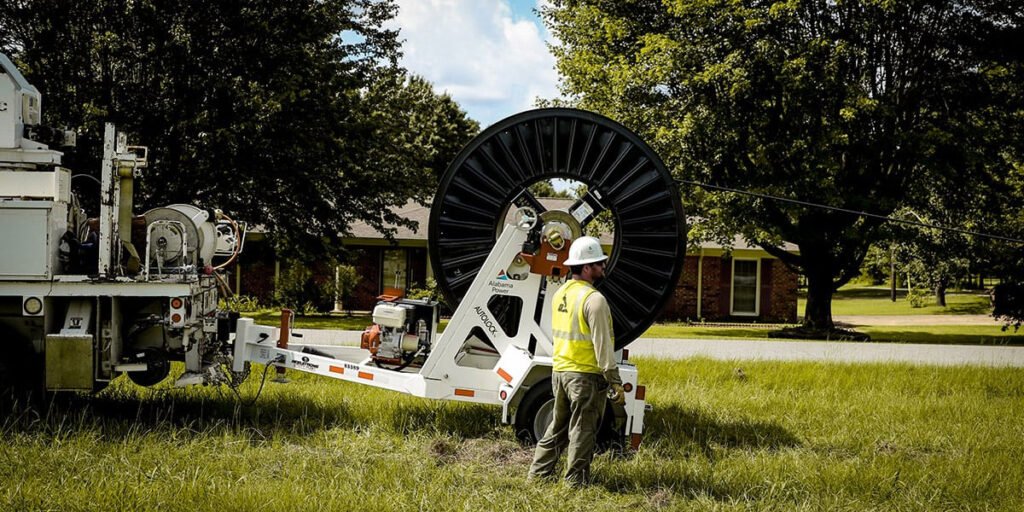
On Tuesday afternoon, the Alabama Department of Economic Community Affairs submitted proposals for the final Broadband Equity, Access and Deployment (BEAD) program to the National Communications Information Management (NTIA), following a public comment period.
If approved, this project will ensure that all locations in Alabama that qualify for BEAD get high-speed internet, which allows service providers to reach over 101,000 additional sites statewide.
“Expanding access to high-speed internet has always been a major focus for me since I took office. Today brings us closer to ensuring every Alabamian can connect,” stated Governor Kay Ivey.
She added, “We value our strong collaboration with the Trump administration in developing this plan, which aims to provide broadband access to all eligible homes while saving taxpayers more than $800 million.”
Governor Ivey continued, “This submission represents years of collaboration among state leaders, Adeca, local partners, and providers. With approval, we will achieve full coverage in all areas that meet the state’s requirements.”
Since 2017, Governor Ivey, along with the Alabama Legislature and Adeca, has emphasized the importance of broadband expansion through various state and federal grant programs, working alongside private partners and local communities. The BEAD program puts Alabama on a path to complete broadband coverage as outlined by the NTIA.
“Governor Ivey has made her expectations clear: Every Alabamian deserves reliable high-speed internet,” said Adeca Director Kenneth Boswell. “Today’s submission will help bring that vision to life. We’ve teamed up with NTIA, providers, and communities to devise plans to serve families, schools, businesses, and farms throughout the state in the coming years.”
Through competitive bidding and negotiations, Adeca has secured an average investment of $5,100 for each qualifying location, which translates to a savings of over $800 million from Alabama’s initial $1.4 billion BEAD allotment. The final plan includes wiring construction in around 75% of areas where low Earth orbit (LEO) satellite services are applicable, provided they meet NTIA cost requirements.
The proposed recipients include a mix of national companies and local Alabama businesses and cooperatives, all properly vetted to ensure they can deliver on their commitments.
Adeca’s plans also involve a comprehensive monitoring system to guarantee that the project is completed on schedule, adheres to federal guidelines, and yields enduring benefits for the people of Alabama.
The final BEAD recommendations can be accessed on the Adeca website.
Courtesy of the Alabama Department of Economic Community Affairs.







